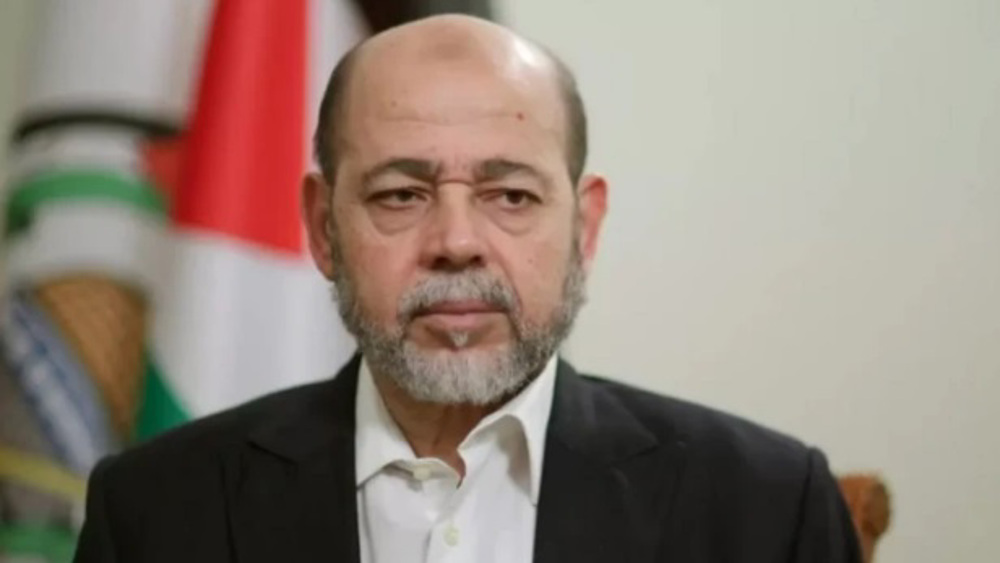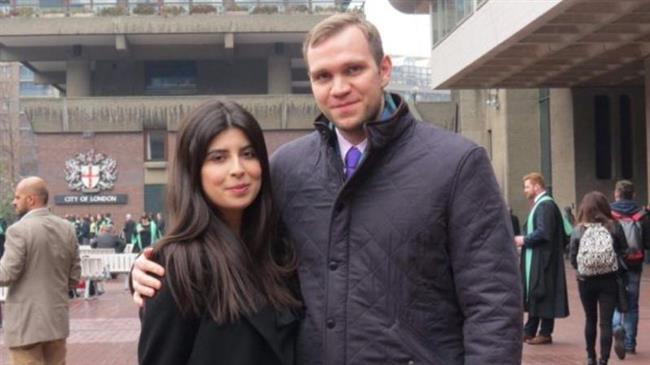UAE frees British spy jailed for life after London threatened diplomatic ties
The United Arab Emirate has granted a pardon to a British academic whose life sentence a week ago had triggered a harsh response from London.
The pardon issued by the UAE president, on Monday came despite the release of a video in which Matthew Hedge purportedly accepted his spying conviction by saying that he was a member of the British intelligence agency MI5.
Hedges, 31, a doctoral student who was arrested in May after UAE authorities found about his espionage activities, said in the video that he was specifically looking into UAE military issues while in the emirates.
However, a court ruling last week, which sentenced him to life in prison, sparked harsh reactions from London. Both Prime Minister Theresa May and Foreign Secretary Jeremy Hunt had warned that ties could be at risk over the ruling.
A statement on state news agency WAM said the pardoning of Hedges was part of a mass clemency of more than 700 prisoners to mark the country’s National Day. It said the order was effective immediately and Hedges could leave the UAE “once formalities are completed”.
Britain is a main supplier of lethal weapons to the UAE, on which the small Persian Gulf country has relied for its contribution to a deadly Saudi war on Yemen over the past three years.
The two countries maintain close economic cooperation while London has helped the UAE over the years to boost its media image around the world.
Hunt, the British foreign minister, welcomed the UAE’s grant of pardon to Hedges, saying it was a “fantastic news”.
“Although we didn’t agree with charges, we are grateful to the UAE government for resolving the issue speedily,” said Hunt.
However, Hunt’s denial of espionage charges against Hedges came as a UAE government spokesman showed a video several minutes before the pardon was announced in which Hedges appeared to be admitting that he had been working for the MI5. He said in the video that he had approached sources in the UAE as a doctoral student to know which military systems the UAE was buying.
Jaber al-Lamki, the spokesman, said Hedges had been in the UAE to steal the country’s “sensitive national secrets for his paymasters”. The official told reporters that Hedges was “100 percent a secret service operative”.
Hunt also linked Hedges’ release to a similar case in Iran, where a British-Iranian journalist has been held over espionage. Iranian authorities have indicated they will stand by their charges against Nazanin Zaghari Ratcliffe, a worker of the Thomson Reuters Foundation who was arrested in April 2016 after it was revealed that she had been spying on Iran for London.

Unprecedented: Hamas launches legal case in Britain to remove ‘terror’ label

Britain urges Israel to respect Syria’s borders, prioritize diplomacy

London protesters condemn renewed carnage in Gaza
Trump policy protest erupts outside US Congress
Xi calls on EU to join China to resist Trump trade war 'bullying'
Israeli report: Only 25% of Hamas tunnels destroyed after months of war
US bans Arab states from supporting Lebanon, Syria reconstruction: Report
Hamas, PA laud France’s plan to recognize Palestinian state
Iran ‘giving diplomacy a genuine chance’ with Oman talks
US says can deport people for beliefs as students expelled
VIDEO | Spain’s Cordoba hosts Conference against Israeli media manipulation in Gaza war








 This makes it easy to access the Press TV website
This makes it easy to access the Press TV website